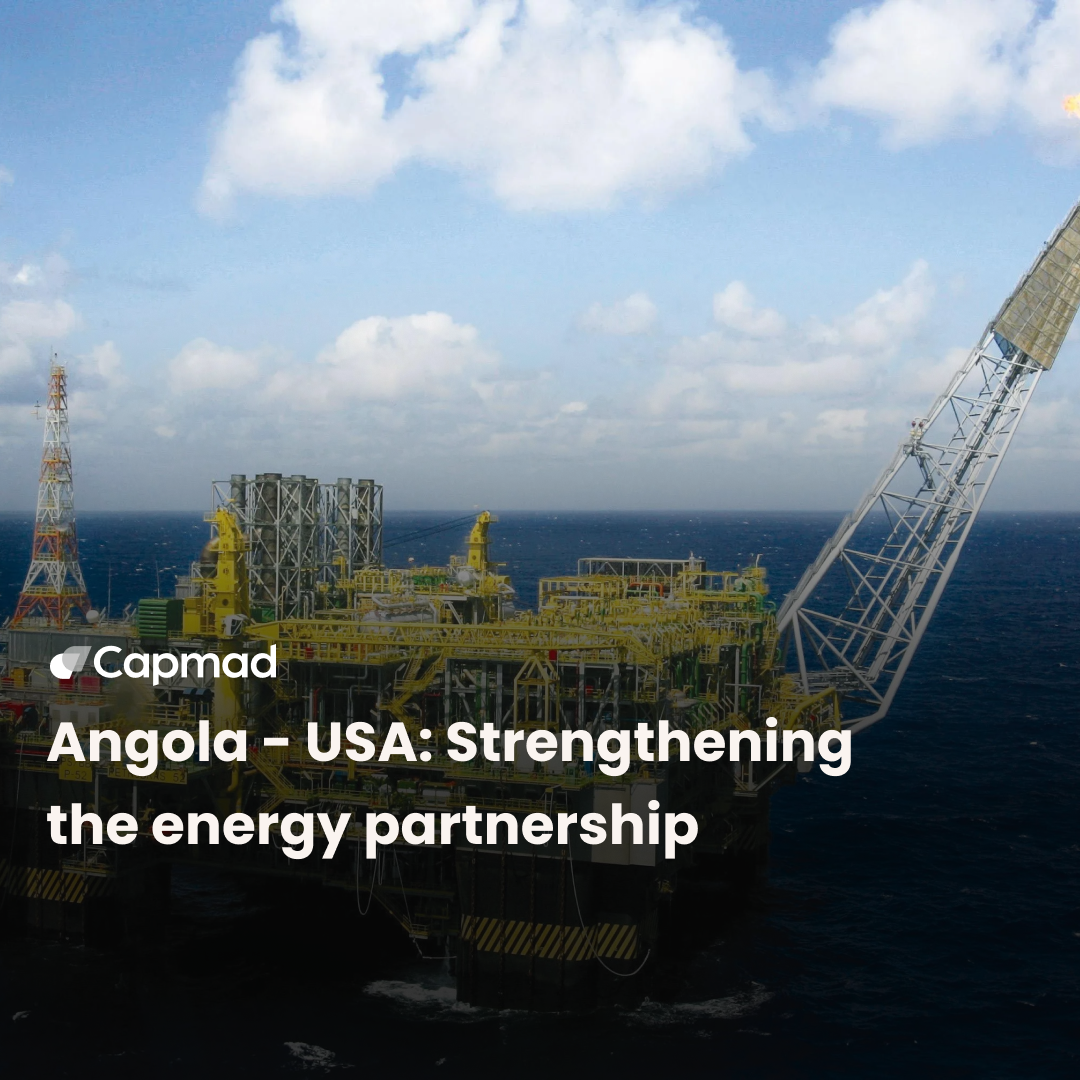A major oil field with estimated reserves of approximately 20 billion barrels has been discovered in East Africa, specifically in Somalia. This discovery was made as part of the development of two oil blocks by Turkey, which holds approximately 90% of the production rights through an agreement with the Somali government.
A major turning point for the region and for energy interests
This field represents a major turning point for the region and for Turkey’s growing energy interests in East Africa. Namibia has also made several major discoveries in its offshore waters, notably in the Mopane field, with estimates of approximately 10 billion barrels of oil equivalent.
These discoveries, made by companies such as Custos Energy and Galp, strengthen the country’s oil potential, which could join the ranks of major African producers if exploitation is well managed. Recent discoveries in Africa concern several countries, but the Somali field, with 20 billion barrels, is one of the largest announced to date on the continent.
Challenges to overcome in exploiting the Mopane field
Technical and economic challenges related to offshore exploitation: Deep-sea exploitation poses significant technical constraints that can affect long-term profitability. The high costs and complexity of offshore operations are major obstacles.
Oil price fluctuations and market uncertainties: Fluctuations in global oil prices significantly influence the economic viability of the project. This can delay investment decisions, as demonstrated by TotalEnergies’ postponement of its final decision until 2026.
Offshore Oil Market Competition and Dynamics: Namibia operates in a competitive environment with other major players in the sector, which can complicate attracting investment and marketing resources.
Regulatory and Political Uncertainty: As in other mining sectors in Africa, instability or frequent changes in regulations can hamper the planning and investment required for field development.
Adequate Infrastructure Deficits: The lack of logistics, telecommunications, and service infrastructure in the affected areas can cause delays, increase costs, and complicate on-site operations.
Environmental and Social Issues: Offshore oil development must also manage environmental impacts and relationships with local communities, which can generate protests or conflicts if concerns are not adequately addressed.
These combined challenges require rigorous management, significant investment and close collaboration between operators, authorities and local stakeholders to ensure the successful exploitation of the Mopane deposit.






